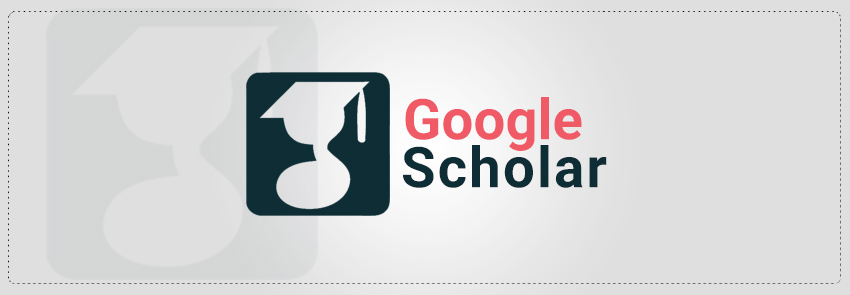Comparison of the Effectiveness of Cognitive Behavioral Therapy and Short-Term Psychodynamic Therapy in Reducing Alexithymia and Impulsivity in Individuals with Obsessive-Compulsive Disorder
Keywords:
Cognitive Behavioral Therapy, Short-Term Psychodynamic Therapy, Alexithymia, Impulsivity, Obsessive-Compulsive DisordersAbstract
The aim of this study was to compare the effectiveness of cognitive behavioral therapy (CBT) and short-term psychodynamic therapy (STPD) in reducing alexithymia and impulsivity in individuals with obsessive-compulsive disorder (OCD). This study is a quasi-experimental research with a pre-test, post-test, and follow-up design. The statistical population consisted of individuals diagnosed with OCD who sought treatment at various counseling and psychological service centers in Birjand from March to December of the year 2023. A total of 60 individuals were purposively selected based on Cohen's table and randomly assigned to two experimental groups and one control group. The first experimental group received 10 sessions of cognitive behavioral therapy, while the second experimental group received 11 sessions of short-term psychodynamic therapy. The control group did not receive any intervention during this period. The research instruments included the Toronto Alexithymia Scale (TAS-20) by Bagby, Parker, and Taylor (1994), and the Yale-Brown Obsessive Compulsive Scale (Y-BOCS) by Goodman, Price, and Rasmussen (1986), which were administered at three stages: pre-test, post-test, and follow-up. To analyze the data, a repeated measures analysis of variance (ANOVA) was used. The results indicated that both cognitive behavioral therapy and short-term psychodynamic therapy led to a significant reduction in alexithymia and impulsivity at the post-test stage (p < 0.05), and the effects of the treatments were maintained after three months. Furthermore, no significant difference was found between the effectiveness of cognitive behavioral therapy and short-term psychodynamic therapy in reducing alexithymia and impulsivity in individuals with obsessive-compulsive disorder (p > 0.05). Based on the results of this study, it can be concluded that there is no significant difference between the effectiveness of cognitive behavioral therapy and short-term psychodynamic therapy in reducing alexithymia and impulsivity in individuals with obsessive-compulsive disorder. Both therapies can be used to reduce and modify alexithymia and impulsivity in individuals with OCD.
Downloads

Downloads
Additional Files
Published
Submitted
Revised
Accepted
License
Copyright (c) 2025 Seyed Adel Hosseini (Author); Maryam Nasri (Corresponding Author); Reza Dastjerdi (Author)

This work is licensed under a Creative Commons Attribution-NonCommercial 4.0 International License.







